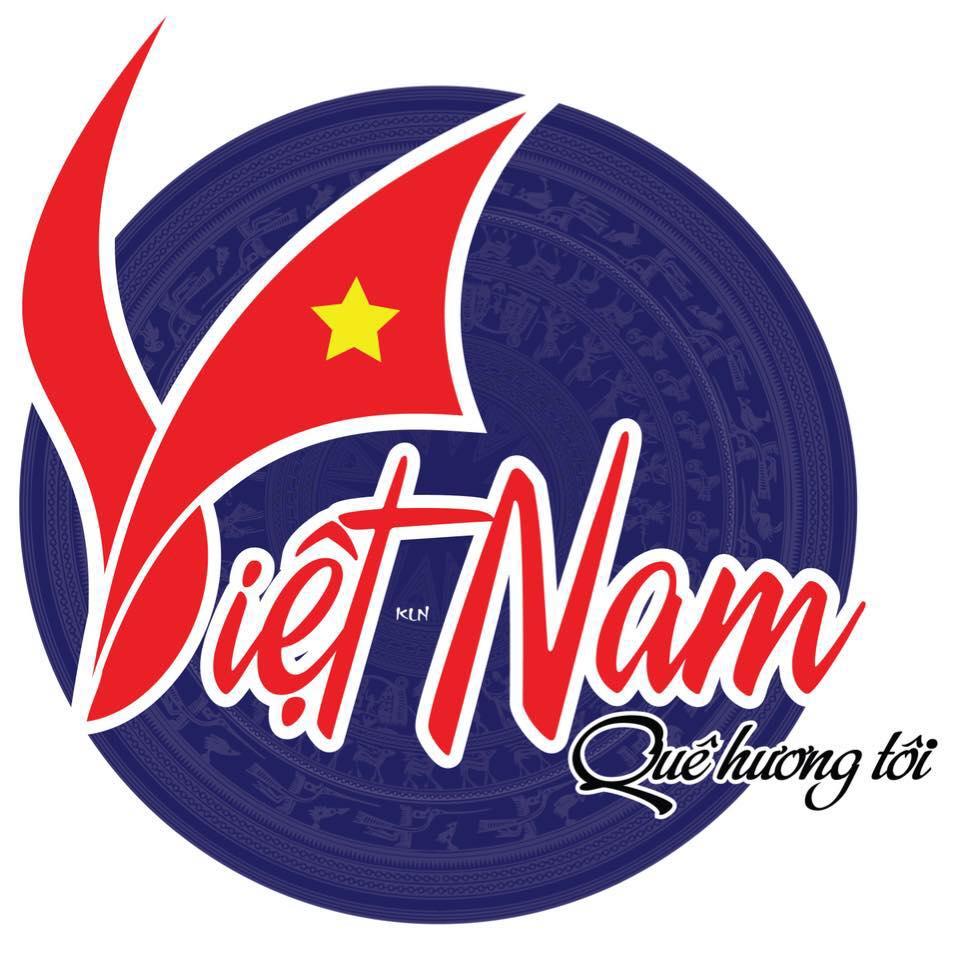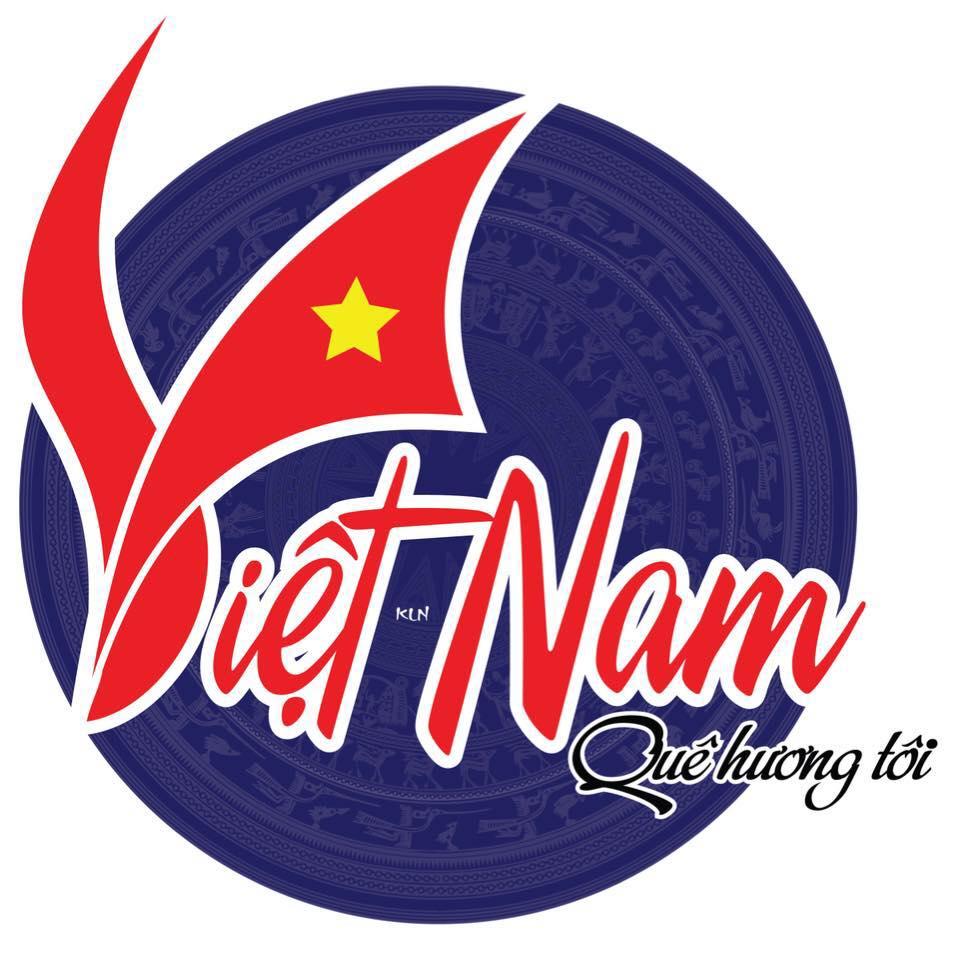Residential flooring in South Korea has become an essential element of home design, reflecting the growing importance of interior aesthetics and comfort. With rising disposable incomes, urbanization, and a focus on lifestyle upgrades, homeowners are increasingly willing to invest in flooring solutions that enhance the look, feel, and functionality of their living spaces. Hardwood, laminate, and engineered wood remain staples, valued for their classic appeal and longevity. However, vinyl and modular flooring are rapidly gaining popularity due to their affordability, ease of maintenance, and contemporary designs.
Apartment living dominates the residential market in South Korea, driving demand for flooring that combines durability with style. Multi-family units, particularly in urban centers, require materials that can withstand daily wear while complementing modern interior décor trends. Light-toned woods, textured finishes, and customizable patterns are increasingly favored, creating a warm and inviting ambiance. Similarly, flooring materials that offer noise reduction and thermal insulation are sought after in high-density living environments, addressing practical concerns alongside aesthetics.
Sustainability has emerged as a key factor influencing residential choices. Homeowners are showing a preference for eco-friendly materials, such as bamboo, cork, and recycled composites, which are both stylish and environmentally responsible. These products are often complemented by non-toxic finishes and adhesives, contributing to healthier indoor air quality and safer living spaces. The trend towards sustainable living reflects a broader shift in consumer behavior towards products that align with personal and environmental values.
Technological advancements are also shaping the residential flooring segment. Heated flooring systems are increasingly integrated into kitchens, bathrooms, and living areas, providing comfort during the colder months. Anti-slip coatings and moisture-resistant surfaces are particularly popular in wet areas, offering safety and durability. Additionally, smart flooring systems with embedded sensors are being introduced in premium residences, highlighting a blend of functionality and innovation.
Design flexibility and customization are major trends in the South Korean residential flooring market. Consumers seek options that reflect personal tastes, from patterned and textured surfaces to modular tiles that can be rearranged or replaced as needed. This trend has encouraged manufacturers to diversify their product lines and invest in creative design solutions that cater to individual preferences.
Retail and e-commerce channels have expanded access to premium residential flooring products. Online platforms allow homeowners to visualize products in their own spaces, compare features, and make informed purchasing decisions. Brick-and-mortar stores continue to provide hands-on experience, enabling consumers to assess textures and finishes directly.
Overall, the South Korean residential flooring market is characterized by high demand for style, functionality, and sustainability. Homeowners increasingly value products that combine visual appeal with durability, comfort, and environmental responsibility. As consumer preferences continue to evolve, the market is expected to see ongoing innovation and diversification, ensuring that residential flooring remains an integral component of modern home design.


